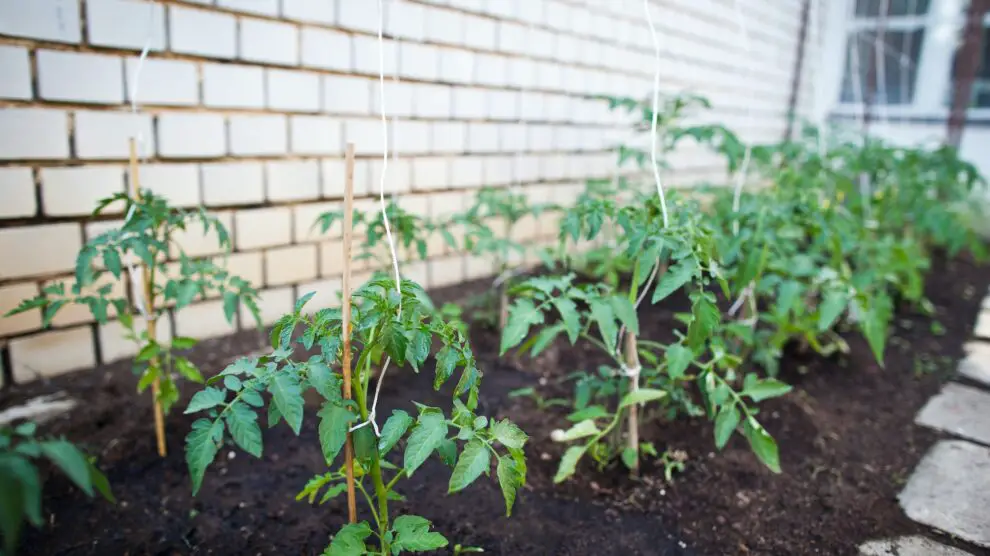How to Choose the Right Permaculture Training Course for Your Needs
Choosing the right permaculture training course for your needs can be a daunting task. With so many courses available, it can be difficult to know which one is right for you. To make the process easier, here are some tips to help you choose the best permaculture training course for your needs.
First, consider your goals. What do you hope to gain from the course? Are you looking to learn the basics of permaculture, or do you want to become a certified permaculture designer? Knowing your goals will help you narrow down your options and choose the right course for you.
Second, consider the course content. What topics will be covered in the course? Does the course cover the topics you are interested in? Make sure the course covers the topics you need to learn in order to reach your goals.
Third, consider the instructor. Who will be teaching the course? Do they have experience in permaculture? Are they certified in permaculture design? Make sure the instructor is qualified to teach the course and has the knowledge and experience to help you reach your goals.
Fourth, consider the cost. How much does the course cost? Is the cost worth the value of the course? Make sure you are getting the most for your money.
Finally, consider the location. Where will the course be held? Is it convenient for you to attend? Make sure the location is convenient for you and that you can attend all of the classes.
By following these tips, you can choose the right permaculture training course for your needs. With the right course, you can gain the knowledge and skills you need to become a certified permaculture designer.
Exploring the Benefits of Sustainable Gardening Courses and Workshops
Sustainable gardening is an increasingly popular practice that has many benefits for both the environment and the gardener. Sustainable gardening courses and workshops can provide valuable information and resources to help gardeners learn how to create and maintain a sustainable garden.
Sustainable gardening is a practice that focuses on creating a garden that is ecologically friendly and uses natural resources in a responsible way. This type of gardening is beneficial for the environment because it reduces the use of chemical fertilizers and pesticides, conserves water, and encourages the use of native plants. Sustainable gardening also helps to reduce the amount of waste that is produced, as it encourages the use of composting and recycling.
Courses and workshops on sustainable gardening can provide gardeners with the knowledge and resources they need to create and maintain a sustainable garden. These courses and workshops can cover topics such as soil health, composting, water conservation, and the use of native plants. They can also provide information on how to create a garden that is both aesthetically pleasing and ecologically friendly.
In addition to providing valuable information, sustainable gardening courses and workshops can also provide gardeners with the opportunity to network with other gardeners and learn from their experiences. This can be a great way to learn new techniques and gain insight into different approaches to sustainable gardening.
Finally, sustainable gardening courses and workshops can be a great way to get involved in the local community. Many courses and workshops are offered by local organizations and can provide an opportunity to meet other gardeners and learn more about the local environment.
Sustainable gardening courses and workshops can provide gardeners with the knowledge and resources they need to create and maintain a sustainable garden. These courses and workshops can provide valuable information on topics such as soil health, composting, water conservation, and the use of native plants. They can also provide an opportunity to network with other gardeners and get involved in the local community. By taking advantage of these courses and workshops, gardeners can benefit both the environment and themselves.
Tips for Making the Most of Your Permaculture Training Experience
1. Prepare in Advance: Before attending your permaculture training, take the time to familiarize yourself with the basics of permaculture. Read books, watch videos, and talk to people who have experience with permaculture. This will help you get the most out of your training.
2. Ask Questions: Don’t be afraid to ask questions during your training. Your instructor will be more than happy to answer any questions you may have. This will help you gain a better understanding of the concepts and techniques being taught.
3. Take Notes: Taking notes during your training will help you remember the important points and concepts. It will also help you review the material later on.
4. Participate: Participate in the activities and discussions during your training. This will help you gain a better understanding of the material and will also help you build relationships with other participants.
5. Network: Take the time to get to know the other participants in your training. This will help you build relationships and create a network of people who can help you in the future.
6. Follow Up: After your training, take the time to review the material and follow up with any questions you may have. This will help you retain the information and ensure that you are able to apply it in the future.

Jérôme V.
Jérôme V.Jerome est un écrivain talentueux qui excelle dans l'art de raconter des histoires captivantes. Passionné par les enjeux sociaux et les découvertes scientifiques, il apporte une touche unique à hsmaicuracao.org en explorant des sujets variés et intrigants. Avec son approche créative et éclairée, Jerome a le don de rendre l'actualité accessible à tous, suscitant la curiosité et l'engagement de nos lecteurs.

















